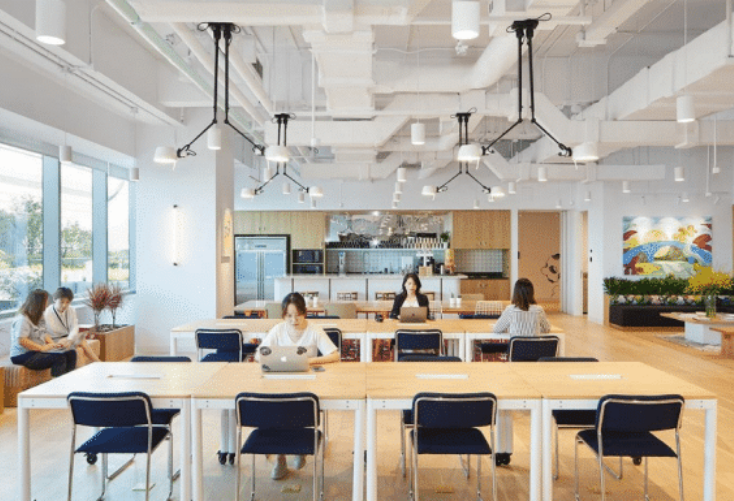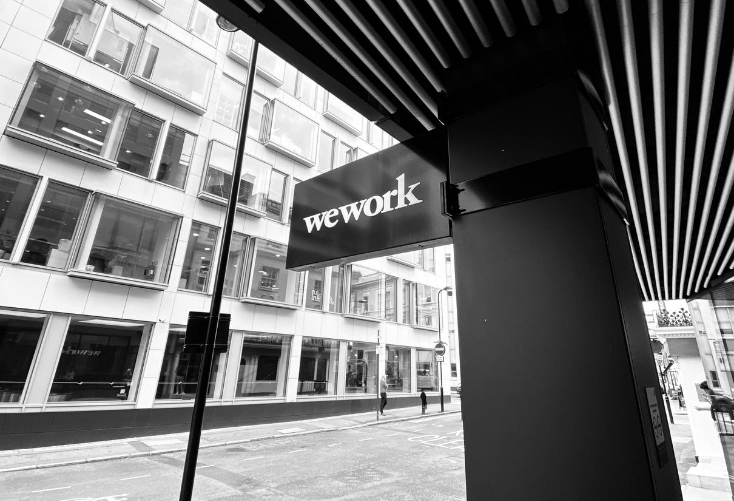Hand selected flexible workspace news from the most reliable sources to keep you ahead of the pack. We find all the latest news, so you don’t have to. Morning and afternoon updates. Stay in the know.
- Coworking Firms Reel From Low Occupancy
- WeWork Walks Away From Chicago Locations
- What The Future Of Work Means For Solopreneurs
Coworking Firms Reel From Low Occupancy
The pandemic has caused coworking companies to uproot their operational strategies, and now experts are expressing concern that the industry is not working at all.
Some of the world’s largest operators have been forced to close locations and continue to lose money due to millions of workers opting to work from home. For instance, IWG CEO Mark Dixon revealed the company could close up to 100 locations during the second half of 2020, while Knotel saw a 20% drop in revenue during the second quarter.
One of the main issues of these workspaces is their naturally open, sometimes dense nature. Many coworking spaces thrive as a place for professionals from all corners of the workforce to connect and collaborate, but the pandemic means that distancing in the workplace is a necessity.
However, despite the dark cloud that has blanketed the industry, closures have made up a small percentage of total coworking footprints. According to Scott Homa, Head of Office Research at JLL, this is due in part because many companies receiving rent relief.
“Many people are now just becoming comfortable with telework for the first time and figuring out all sorts of ways to make it smooth,” said Dean Stangler, Forbes contributor. “That could mean more employees and employers become comfortable with it. But that doesn’t mean all those remote workers will work at home forever. After a couple of months of lockdown and working at home, my guess is that millions of people will be eager to work from somewhere else, anywhere else.”

WeWork Walks Away From Chicago Locations
WeWork has walked away from its plans to open two new locations in Fulton Market in Chicago, marking the first time the firm has terminated a lease in the city.
The company purchased two leases that totaled 110,000 square feet on West Fulton Street
Prior to this decision, WeWork was one of the largest office tenants in Chicago with over 1 million square feet of space across 15 locations, but is now reevaluating its expansion strategy to become profitable under new CEO Sandeep Mathrani.
Although the company never moved into the offices, it is likely that they will have to still pay a portion of the rent while owners search for new tenants.

What The Future Of Work Means For Solopreneurs
When discussing the future of work, many often think about the transition to a digital, remote workplace. However, it means much more than this and could actually be an indicator of a much more entrepreneurial future.
Many companies are relying on a blend of full-time and on-demand talent, also referred to as liquid workers, that allows organizations to operate in a cost-effective manner. This has allowed much of this workforce to have a better work-life balance, thus gaining more independence and entrepreneurial opportunities.
Since liquid workers are not employees, they have different workflows, which impacts the way a company operates.
This means the companies are more fluid, with projects starting and ending simultaneously across various teams. That is why it is important for business leaders to be equipped with the tools needed to support a liquid workforce, such as having the proper invoice management and payment systems.
Having a liquid workforce allows companies to expand their talent pool, while allowing these workers to perfect being a solopreneur. This means ironing out the details of benefits like insurance, legal requirements, as well as nurturing human connections and building networks.
Overall, it is up to managers to reconfigure their operations to meet the needs of liquid workers and continue forward with a blended workforce to fully realize what the future of work entails.



 Dr. Gleb Tsipursky – The Office Whisperer
Dr. Gleb Tsipursky – The Office Whisperer Nirit Cohen – WorkFutures
Nirit Cohen – WorkFutures Angela Howard – Culture Expert
Angela Howard – Culture Expert Drew Jones – Design & Innovation
Drew Jones – Design & Innovation Jonathan Price – CRE & Flex Expert
Jonathan Price – CRE & Flex Expert













